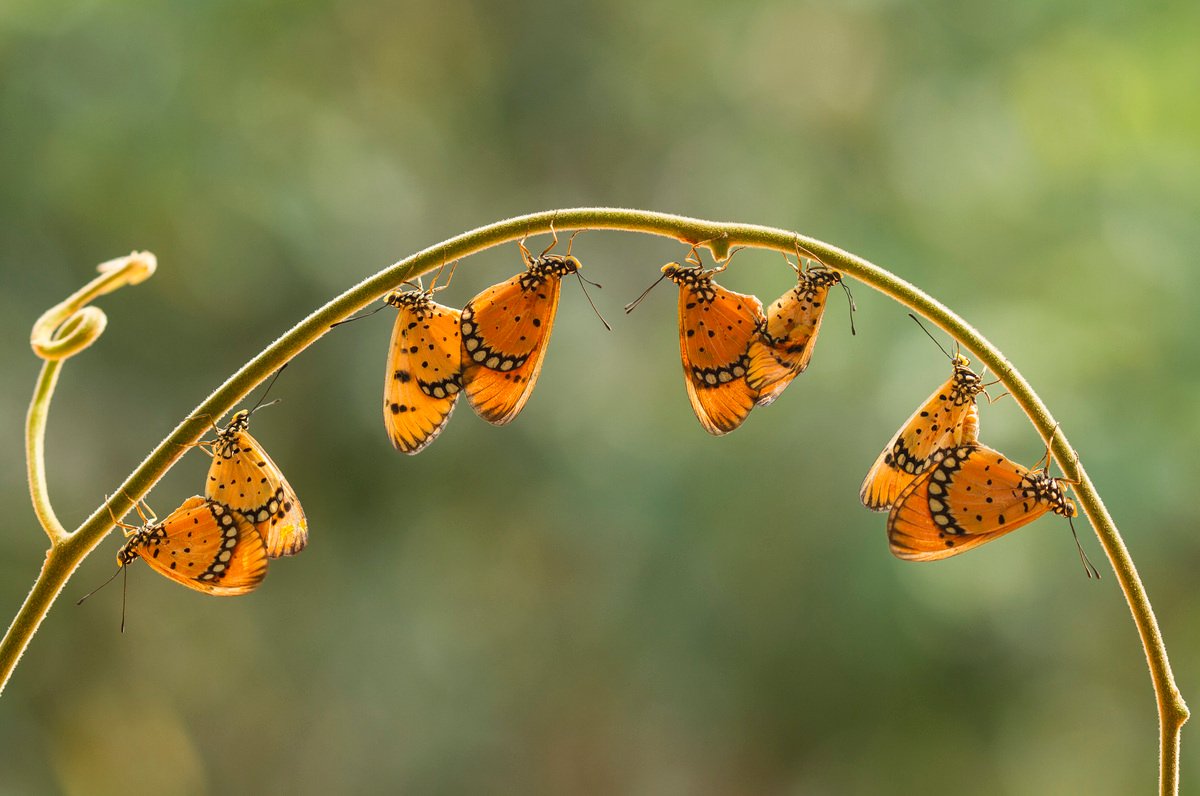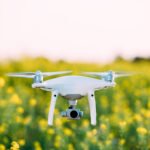
ICIPE Advances Global Insect Technology for Sustainable Food Systems
- foodfightadmin
- June 15, 2024
- Agriculture, Climate Change, Global Hunger
- adlps, ads pages
- 0 Comments
The International Centre of Insect Physiology and Ecology (ICIPE), based in Nairobi, is pioneering the use of insect technology to create environmentally and socially sustainable food systems across Africa. Established in 1970, ICIPE researches how insects can be integrated into food production, serving roles in organic waste recycling, reducing greenhouse gas emissions, and acting as protein substitutes in animal feed. Director General Abdou Tenkouano highlights the potential of insects in a circular economy and emphasizes the importance of overcoming social stigma to increase their acceptance in human diets.
Insects in Agriculture and Sustainability
ICIPE’s work involves transforming insects into products like flour, which is more socially acceptable and can be used in various food items. Their push-pull method for pest control protects crops by using plants that naturally repel pests, ensuring sustainable farming practices.
Senior Scientist Chrysantus Tonga notes that insects require minimal water and reduce composting time, making them an ideal alternative protein source. Insects offer nutritional benefits, including high levels of essential nutrients, making them a promising component of future food systems.
Overcoming Challenges
Despite the benefits, social stigma poses a challenge to widespread acceptance of insects in diets. ICIPE addresses this by making insects undetectable in consumer products, enhancing market acceptability. Their work also aims to expand economic opportunities, particularly for youth and women in sub-Saharan Africa, by promoting insect-based industries.
Looking Forward
ICIPE’s research and innovative approaches position them as leaders in advancing insect technology globally. Their efforts contribute to creating sustainable food systems, combating climate change, and improving food security. As environmental conditions become increasingly challenging, ICIPE’s work offers urgent and eco-friendly solutions to support vulnerable communities and ensure a sustainable future.








